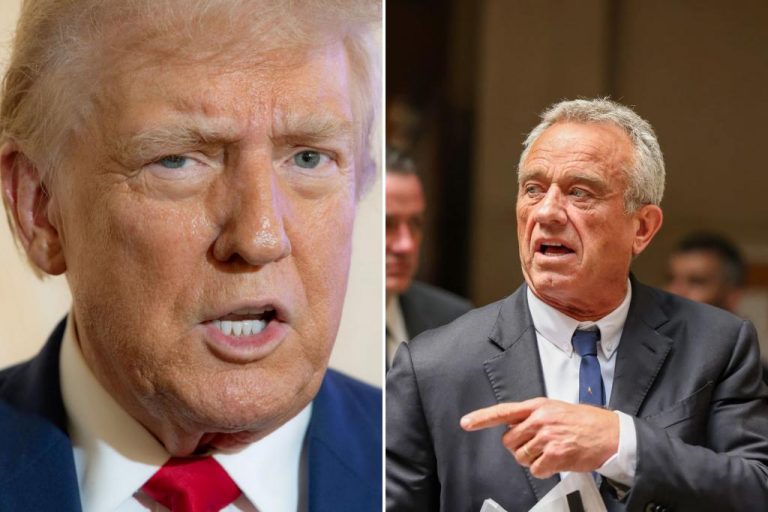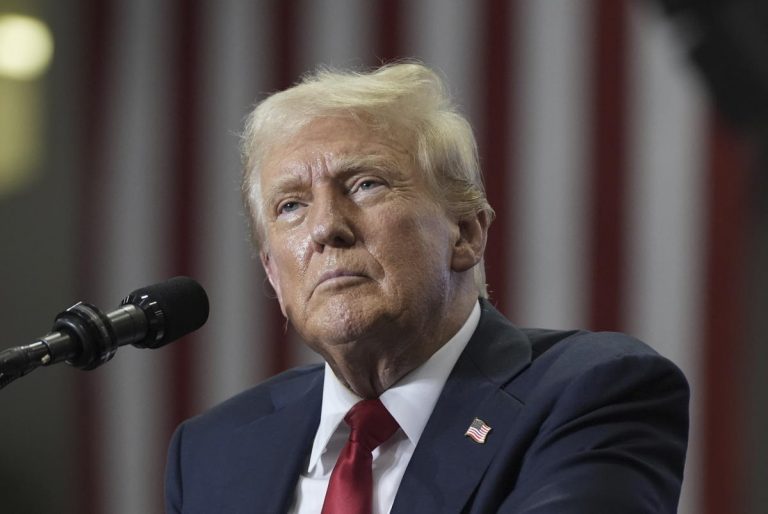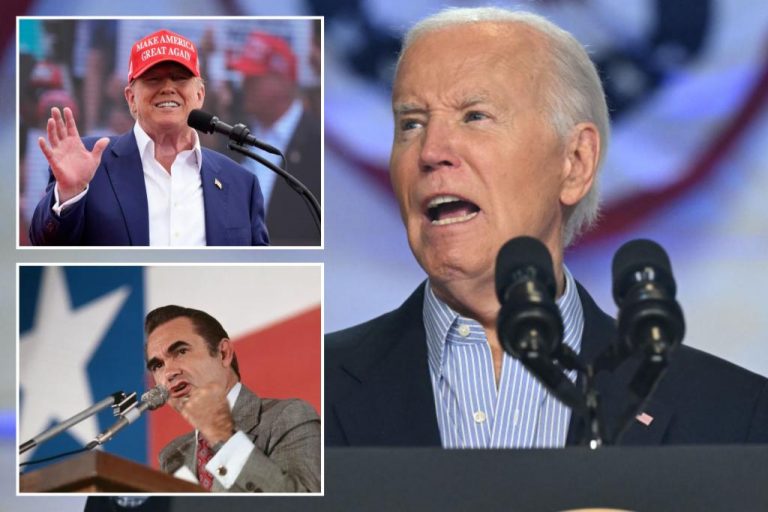NY Senator criticized for comparing Trump rally to Nazi rally at MSG
NY Senator Brad Hoylman-Sigal recently came under fire for drawing a controversial comparison between a rally hosted by former President Donald Trump at Madison Square Garden and a Nazi rally. The remarks made by Senator Hoylman-Sigal have sparked a heated debate among politicians, activists, and the general public.
The rally in question took place at Madison Square Garden, where thousands of Trump supporters gathered to show their continued support for the former president. The event received significant media coverage, with many praising the enthusiasm and dedication of Trump’s loyal fanbase.
However, Senator Hoylman-Sigal’s comments quickly shifted the focus of the conversation. In a tweet, the senator stated, “A Trump rally at MSG is not an innocent political gathering—it’s a powerful reminder of the tactics used by fascist leaders to stoke hate and division.” These remarks stirred strong reactions from both sides of the political spectrum.
Supporters of Senator Hoylman-Sigal defended his statement, citing the rise of hate speech and extremism in recent years. They argued that drawing parallels to historical events like Nazi rallies is a crucial part of preventing similar atrocities from occurring in the future.
On the other hand, critics of the senator condemned his comparison as inflammatory and disrespectful. They pointed out that likening a political rally to a Nazi event trivializes the suffering of those who were affected by the horrors of the Holocaust.
The controversy surrounding Senator Hoylman-Sigal’s comments highlights the deep political divisions and sensitivities that exist in today’s society. It also raises important questions about the appropriate ways to engage in political discourse and debate without resorting to extreme or harmful rhetoric.
As the debate continues to unfold, it is essential for individuals on all sides to approach these discussions with sensitivity, empathy, and a willingness to listen to differing perspectives. Only through open and respectful dialogue can we hope to bridge the gaps that divide us and strive towards a more united and understanding society.








